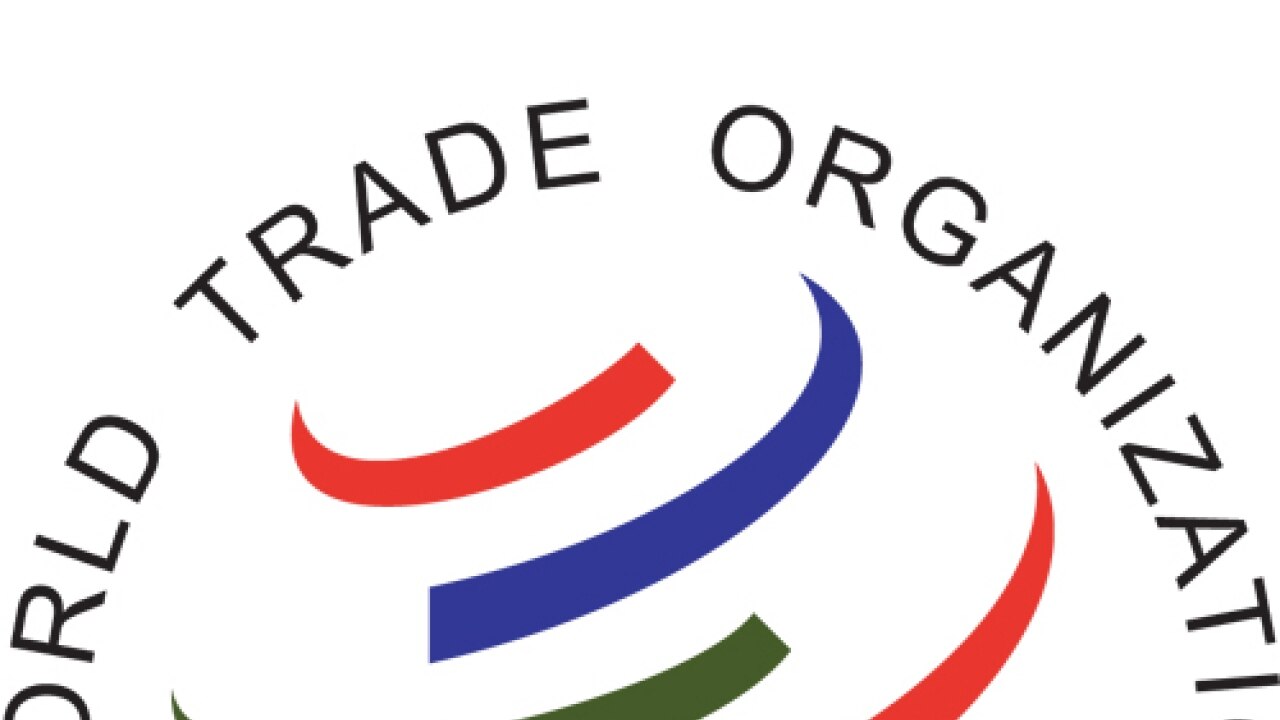
In recent months, the American government has used the World Trade Organization to target India for creating a buffer stock of food grains for use during emergencies. According to the WTO economists, this is an unfair subsidy which distorts the global markets. At the same time, these economists have neglected the fact that the US government has created a huge reserve of crude oil and natural gas.
The US and its allies which are members of the International Energy Agency stock up hundreds of millions of barrels of crude oil as part of their “strategic” reserves. The US also hoards up on heating oil ostensibly to prevent disruptions to the supply.
In other words, it is unacceptable when India creates a buffer stock of food grains as it distorts the marketplace, but it is perfectly acceptable that the American government hoards up on petroleum products as it supposedly prevents the distortion of supplies.
The quantity of crude oil in the US government’s reservoirs has a direct impact on the global markets. Every Wednesday, at exactly 10:30 in the morning on the east coast of the US, the US Department of Energy puts out its storage numbers for the week. Almost every trader who trades in crude oil ceases trading before the numbers are put out while some firms speculate on these numbers and publish their expectations. Within an instant of the actual number being published by the government, there is a great frenzy in the markets as the traders run like a huge herd of stampeding buffaloes in one direction or the other depending on whether the numbers indicate a shortage or oversupply as measured against the speculations of the industry. The same process is repeated for natural gas on Thursday mornings. If the distortions in the global markets due to hoarding is a concern, the American reserves clearly need to be eliminated.
American policymakers have also distorted the education and housing markets by actively interfering in these sectors. When the US government, on the advice of the Nobel Prize awardee Paul Krugman, created a housing bubble by forcing banks to lend to people without the ability to repay the loans, it resulted in a massive economic crisis and disrupted the global markets when the bubble finally burst. In the education sector, the American government distorts the information economy when it subsidises the lack of intellectual abilities by giving huge grants to universities that churn out graduates in frivolous subjects.
A US State Department cable that was leaked on the website of WikiLeaks illustrates how the US pushes its agenda while masking its true intentions by using terms like ‘transparent’ and ‘sound science.’ According to the cable which described the objectives of a proposed activity, “US Government Objectives: This activity would build on the objective of bringing support to USG positions in international fora, mostly related to the World Trade Organization.
This activity would reinforce adoption of science based trade and regulatory policies in Brazil and would present the US Government regulatory system as transparent, predictable, open to public comment, and based on sound science.”
The US also manipulates public opinion as revealed by another cable on WikiLeaks which cynically states, “And we will place op-eds and interviews to support the US Position in the WTO case.”
Before using the WTO to accuse India of distorting the global markets, the US may want to first set its own house in order. As the old saying goes, those who live in glass houses should not throw stones.
The author is an expert on technology and economic issues